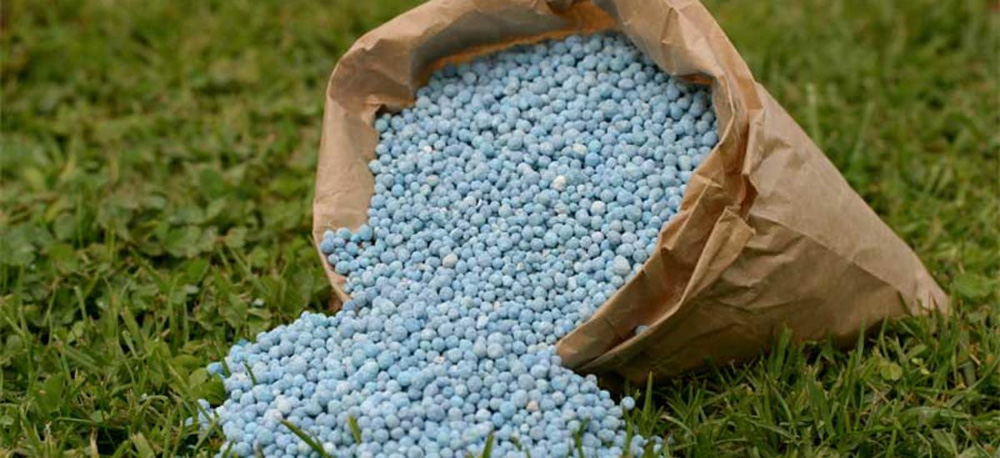Santiago de Chile. The shortage of fertilizers as a result of the war in Ukraine is pushing Latin American countries to share methods and practices among themselves to deal with this situation, reported the Food and Agriculture Organization of the United Nations (FAO).
A large part of the countries in the region are highly dependent on imports of fertilizers from Ukraine, Belarus and Russia and the prices of these products “have already exceeded the record level of the 2008 crisis,” the agency said in a statement. whose regional headquarters is located in Santiago de Chile. “We need to innovate to face the scarcity and high price of synthetic fertilizers, and the diversification of nutrient sources is a strategy for a more resilient agriculture,” said the FAO representative for Latin America and the Caribbean, Julio Berdegué.
Yesterday, the organization held a seminar where experts and authorities from Brazil, Chile, Peru and the Caribbean shared their experiences in the use of biofertilizers and compost and shared techniques such as crop rotation and the use of legumes, which allow substituting or complementing chemical fertilizers.
Organic fertilizers, moreover, “can contribute to making agriculture more sustainable,” said Berdegué.
In Chile, the Agricultural Research Institute (INIA) has promoted the application of organic matter of animal and vegetable origin in crops and fruit trees, such as chicken manure, dairy manure or earthworm humus, which has reduced fertilization costs and increased production between 5% and 20%, according to FAO. In the Caribbean, meanwhile, different countries have used indigenous microbes to improve the efficiency in the use of fertilizers, which has made “their soils healthier and more productive by increasing their organic carbon content,” the agency explained.
–


